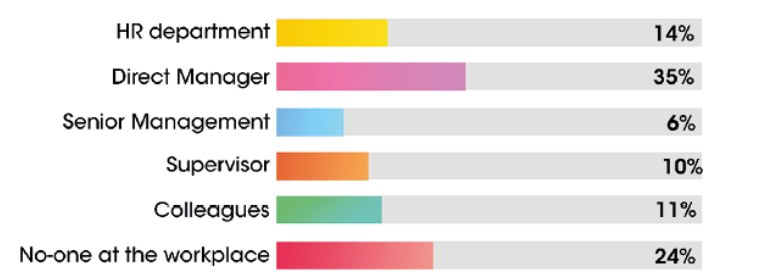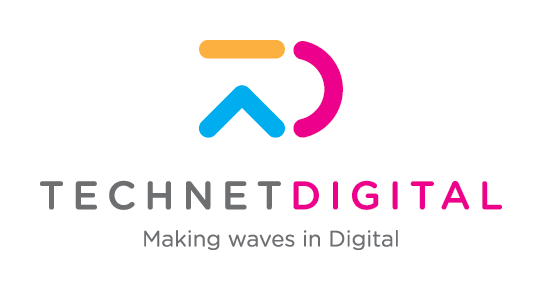
Employee well-being in Digital – is it a priority?
Is employee well-being in digital being prioritised by companies and leadership teams? Maintaining a happy workplace is more crucial than ever. With a stressed and unhappy workforce comes decreased productivity and high employee turnover. That’s a big no-no when attracting talent.
Mental health is a prevalent and important discussion, one companies should always be open about. Businesses need to cultivate an environment that prioritises well-being and guards against the negative impacts of heavy workloads. In this blog, we’ll explore how people are feeling in the industry, featuring exclusive insights and stats from our 2024 Digital Salary Survey Report. Let’s explore the main factors driving happiness and retention in the industry!
Do digital professionals get enough flexibility?
An important benefit for employee well-being in the digital industry is flexibility. It all depends on the person – some prefer fully remote work while others like a balance and the option to go to the office. While many have adapted to a hybrid model of working, our respondents revealed a surprising preference. 56% shared that they work best fully remotely.
This preference suggests a broader desire for flexibility and work-life balance. Remote work allows them to operate globally, eliminating geographic constraints and boosting productivity through customisable work environments. For companies, embracing this model can widen the talent pool and enhance employee satisfaction.
Digital workloads – are employees feeling the strain?
This year, we introduced a new question about employee workload, asking respondents to rate it on a scale from 1 to 10, with 10 being the heaviest. The average score came in at 6.5, indicating a moderately high level of work intensity. Although not excessive, this suggests that many professionals face considerable pressure, which may have mixed effects on their well-being.
Notably, 37% of respondents report that their workload leads to increased stress and anxiety. Meanwhile, 24% struggle with maintaining a healthy work-life balance. When employees consistently feel overwhelmed, it can lead to mental health challenges, lower productivity, and a decline in overall morale.
Who do digital professionals feel they can voice their concerns to?
Who can digital employees turn to when they feel their well-being is on the decline? We asked our respondents that very question!

While 35% feel comfortable approaching their direct manager, and 14% would go to HR, it’s striking that 24% say they have no one at work to turn to. This highlights a potential gap in workplace support and culture, suggesting some professionals may feel isolated or hesitant to speak up.
Only 6% feel senior management is approachable, indicating a disconnect between leadership and employees. Meanwhile, 11% rely on colleagues, underscoring the importance of peer support when formal channels feel inaccessible. These numbers point to a need for better communication structures and trust-building within teams and across organisational hierarchies.
Find more insights from digital professionals!
There is so much more to discover – simply download a free copy of the 2024 Digital Salary Survey Report. Looking for recruitment support? Check out the latest jobs or submit your CV! If you’re hiring, submit a vacancy and the team will be in touch!





